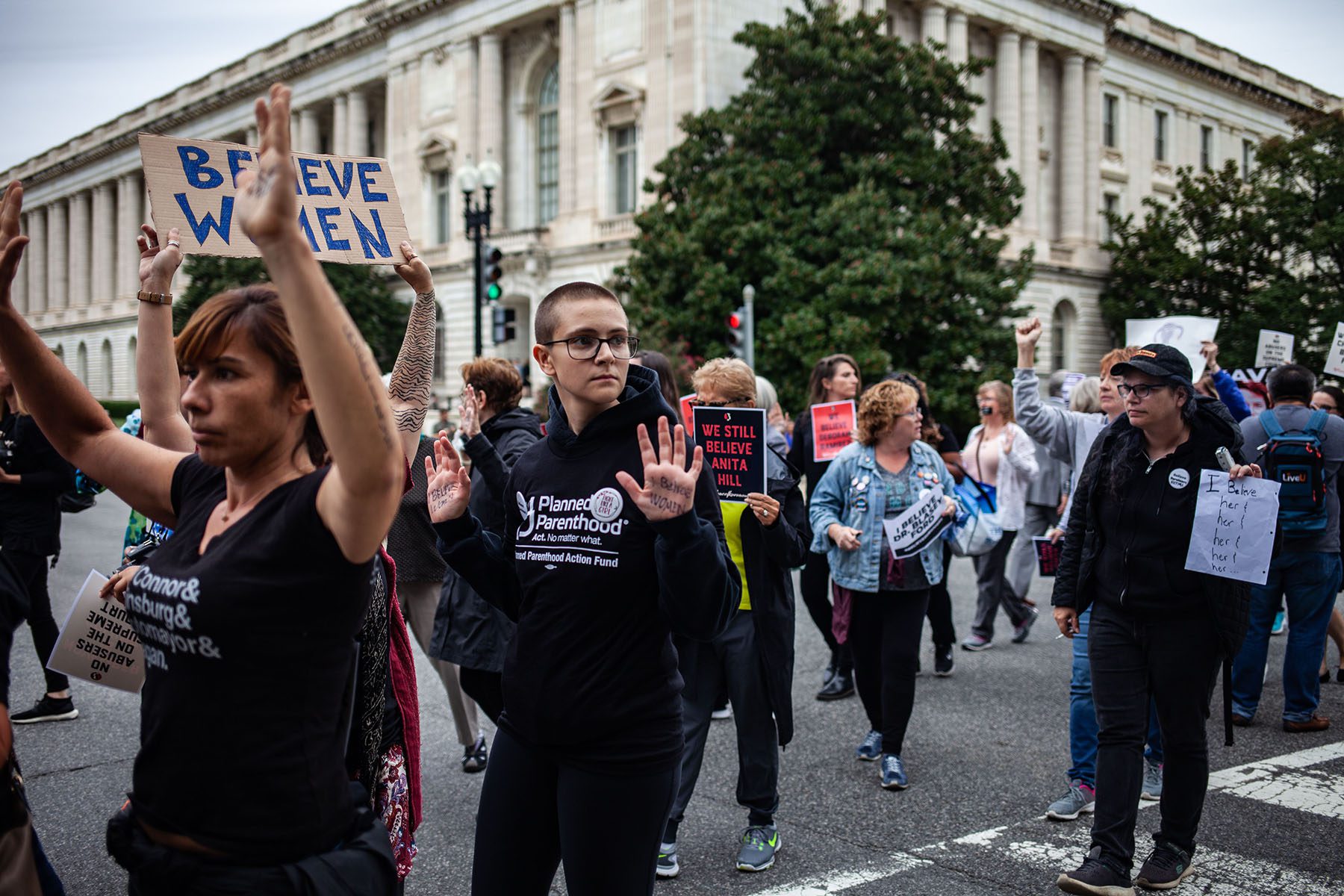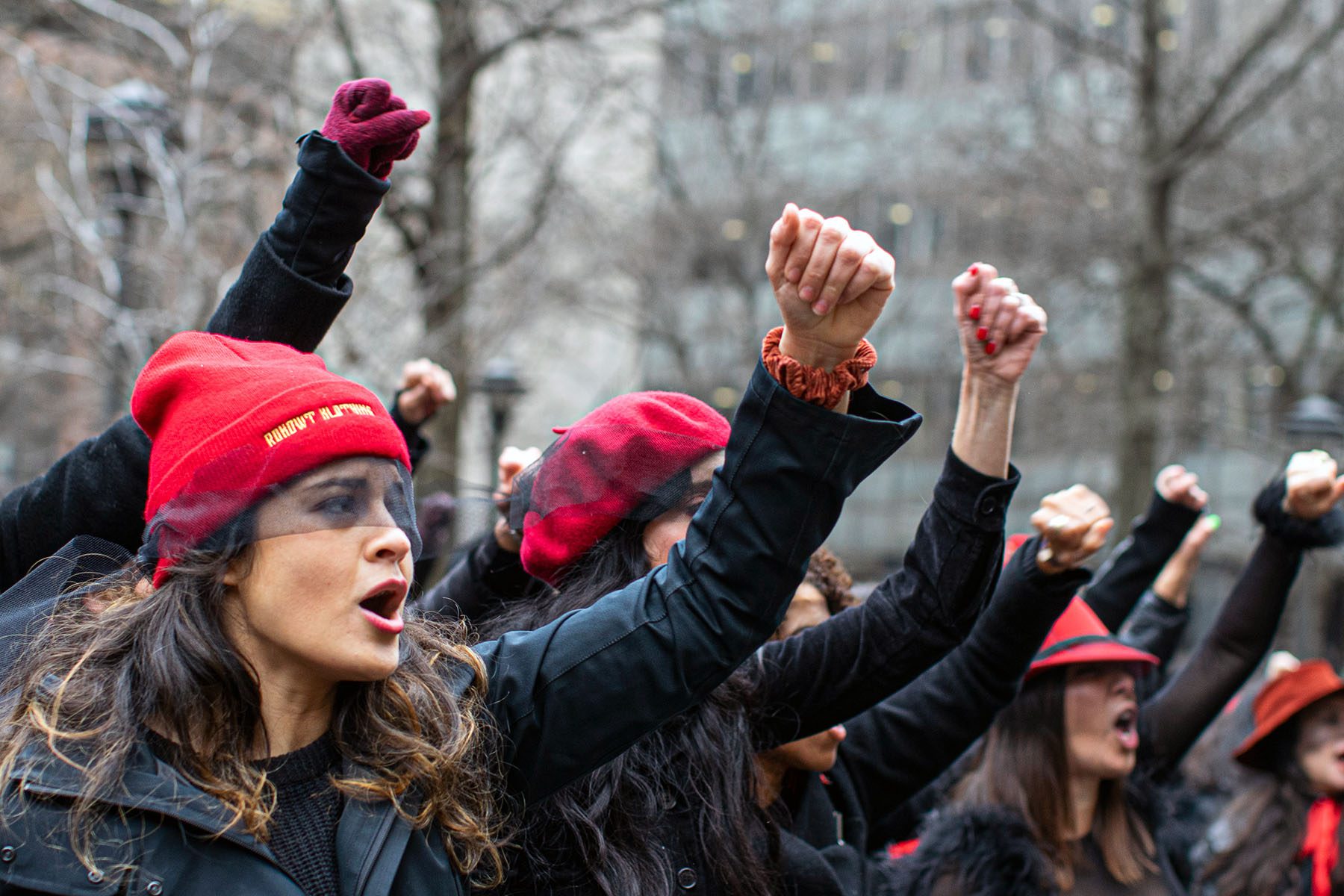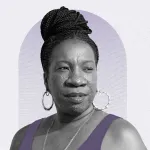Almost five years since the #MeToo went viral, new data from the Pew Research Center finds that most Americans believe that the movement has made it more likely that people would be held accountable for workplace sexual harassment and assault. It also found that most Americans think that people who report sexual misconduct in the workplace are more likely to be believed today than they would have been five years ago.
Though #MeToo didn’t start in 2017, it picked up steam when investigative reporting exposed Hollywood film mogul Harvey Weinstein’s history of sexual assault and misconduct toward women he worked with or who were trying to work with him. The Pew polling found that 70 percent of Americans believe that those who commit sexual harassment or assault in the workplace are more likely to be held responsible than they would have been five years ago.
The poll also found that 62 percent of Americans are confident that those who report workplace sexual harassment or assault are more likely to be believed today than they were five years ago. More than half of Americans who have heard of the #MeToo movement say they support it, while only 21 percent of those who have heard of it say they oppose it.
Still, 46 percent of Americans say that they think it is extremely or very common that people experience workplace sexual harassment or assault and don’t report it.
-
More from The 19th
- #MeToo exposed how forced arbitration protects harassers. A bipartisan group of lawmakers wants to ban it.
- ‘We need your help’: Election officials ask Congress to better address harassment ahead of midterms
- How a ceremony intended to honor women athletes ended with them being shooed off the field
Anna Brown, a research associate at Pew and the author of this study, told The 19th she was not only struck by the gender gaps when it came to people’s feelings on these issues but that the differences in opinions held tied to gender “really paled in comparison to party gaps.”
Brown pointed to the way that women who have heard of the #MeToo movement are more likely to say they support it than men who have heard of it — 54 percent to 42 percent. The same question shows even starker differences when looked at by political party affiliation, with Democrats over three times as likely to support #MeToo at 70 percent compared to 22 percent of Republicans.
Yet regardless of whether people supported or opposed the #MeToo movement, Brown found in her research that three-quarters of those who support the movement and 68 percent of those who oppose it all said that people who commit sexual harassment or assault in the workplace are now more likely to be responsible for their actions compared with what the response to this behavior would have been five years ago.
Changes in the workplace
Forty-six percent of Americans said that the #MeToo movement has made it harder for men to know how to interact with women in the workplace; only 21 percent said that this new attention on workplace harassment has made it easier for men to know how to interact with the women at work. In comparison, 26 percent of Americans said that #MeToo has made it harder for women to interact with men colleagues, and 27 percent said it has made this easier.
Brown said that there “is an interesting dynamic with both gender and age — women and younger adults tend to be a little more skeptical of the impact that the #MeToo movement has had. Women are less likely than men to think that people who commit sexual harassment or assault are now more likely to be held accountable than five years ago. The majority of women still say they see this impact, but it was a little bit less than men and then older people.”

Partisan perceptions
A partisan divide exists in the data by gender, too. Seventy-six percent of Democratic women say they support the #MeToo movement compared to 28 percent of Republican women.
White adults who have heard of #MeToo are more likely to oppose it than Black or Latinx adults, which the Pew polling attributes to White adults being more likely to be Republican. 25% of White adults who have heard of the #MeToo movement say they oppose it, vs. 9% of Black and 14% of Hispanic adults who have heard of it. Among Democrats who have heard of it, 76% of White adults say they support the movement, higher than the 55% of Black and 63% of Hispanic adults who say the same.
Brown said her research “purposefully didn’t really look at this by race much” because the significant differences they saw initially in responses were associated with party affiliation and not race.
Generational gaps
Age was another significant factor for determining support of #MeToo: 64 percent of Americans between the ages of 18 to 29 who have heard of #MeToo say they support the movement — more than those who knew of it from any other age demographic. This number goes down the older Americans get, bottoming out at 41 percent of those 65 and older.
Gender only enhances this view among Americans younger than 30, with 72 percent of women saying they support the movement compared with 52 percent of men of the same age.
Brown said that women younger than 30 “stand out in their support of the movement.”
Motivating factors
In response to an open-ended question about why they support #MeToo, 34 percent of all replies — the top response given — was that women need and deserve equality and respect and that the movement spreads awareness for the issue of workplace sexual harassment and assault. Men were more likely to cite this reason as to why they support #MeToo, with women being more likely to say that they want to support victims or because of their own personal experiences with these issues.
Of those who expressed their opposition to #MeToo, the most commonly cited reason was related to due process, with an additional 18 percent saying they opposed it because of concerns about false accusations and another 14 percent saying that the movement was about accusers trying to get attention, publicity and money.
The Pew Research Center conducted a nationally representative survey of 6,034 American adults in July 2022.
According to the recent poll conducted by The 19th/SurveyMonkey, 30 percent of working women and 35 percent of gender-noncomforming workers say they have experienced sexual assault or harassment while at work, compared with 11 percent of men. That number increased to 41 percent for LGBTQ+ workers; for LGBTQ+ women specifically, it’s more than half.
The 19th/SurveyMonkey poll also found that 79 percent of Americans said they would feel comfortable reporting harassment at work. Eighty-four percent of Black women said they would be comfortable reporting harassment, compared to 75 percent of White women and 74 percent of Latinx and Asian women.







